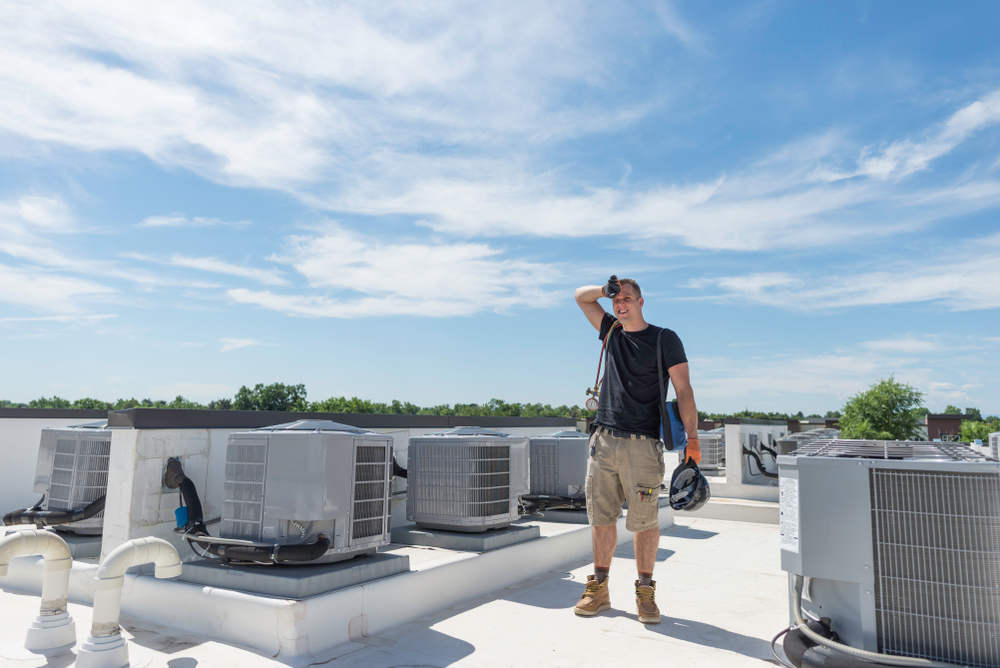On May 12, California’s Division of Occupational Safety and Health (Cal/OSHA) warned the state’s employers to protect outdoor workers from heat illness. High temperatures are forecast this week for several areas across the state, including Modesto, Palm Springs, Riverside, and San Bernardino.
The agency cautioned employers to closely observe employees working in hotter conditions for the first time this year for any signs of heat illness.
Cal/OSHA’s heat illness prevention standard applies to all outdoor worksites. Employers must have a written prevention plan that includes effective training for supervisors to recognize signs and symptoms of heat illness and what to do in case of an emergency. The state standard also requires employers to provide outdoor workers with fresh water; access to shade at 80 degrees Fahrenheit (F); and, whenever requested by a worker, cool-down rest breaks in addition to regular breaks.
Cal/OSHA’s standard requires additional protections in certain industries, such as agriculture, construction, landscaping, oil and gas extraction, and the transportation of agricultural products, construction materials, or other heavy materials, when the temperature at outdoor worksites reaches or exceeds 95 degrees F. These high-heat procedures include ensuring employees are observed regularly for signs of heat illness and establishing effective communication methods so workers can contact a supervisor when needed.
On May 18, the California Occupational Safety and Health Standards Board will hold a hearing on Cal/OSHA’s proposed indoor heat illness prevention standard. Like the state’s outdoor standard, the indoor standard would require employers to establish a written prevention program.
Other provisions of the standard would include providing fresh, cool drinking water free of charge; maintaining cool-down areas; collecting temperature and heat index measurements; developing and implementing emergency response procedures for signs and symptoms of heat illness; closely observing employees during heat acclimatization periods; and providing employee and supervisor training.
Oregon and Washington also have heat stress or heat illness prevention standards, and Minnesota has a state standard for work in cold and hot environments.
There’s no federal heat illness prevention standard. The Occupational Safety and Health Administration (OSHA) cites employers for worker illnesses, hospitalizations, and fatalities using its authority under the General Duty Clause (§5(a)(1)) of the Occupational Safety and Health Act. The Occupational Safety and Health Review Commission has repeatedly vacated OSHA’s heat illness citations, most recently vacating citations of the U.S. Postal Service (USPS).
The commissioners concluded that OSHA failed to identify financially and technically feasible prevention measures the USPS could have taken. Commissioners relied on USPS officials’ predictions that the organization will “run out of cash” in 2024 and can’t afford time-based interventions that include acclimatization, reducing time outdoors, and work/rest cycles.
Last year, OSHA launched a National Emphasis Program (NEP) for indoor and outdoor heat-related hazards. The NEP targets the agricultural, construction, and manufacturing sectors, as well as automobile dealerships, postal service, and freight and rail transportation. On October 27, 2021, the agency issued an advance notice of proposed rulemaking (ANPRM) on heat injury and illness prevention in outdoor and indoor work settings, seeking responses to 114 questions for stakeholders about a possible standard.

